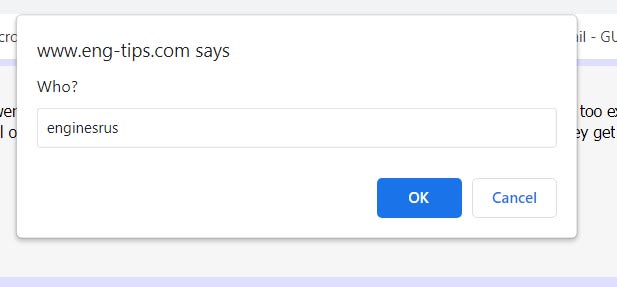containerwall
Industrial
Would it be a good or brilliant idea to use a stationary mounted gas engine to generate electricity through a generator and capture all its heat through running it through thermal Mass. For example have the water pump send coolant through a radiant floor in lieu of a radiator and have the exhaust pipe zigzag embedded in that same concrete slab. Then the electricity by the generator would be gravy power to powera Workshop or house or whatever?



